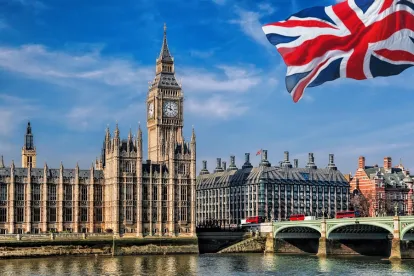Thomas Cook is the latest holiday company and high street retailer to hit the headlines with its collapse into liquidation. It comes at a huge cost to the Government and Civil Aviation Authority who bear the cost of repatriating an estimated 150,000 holidaymakers. In addition, over 22,000 worldwide jobs are now at risk and there is highly likely to be a knock-on effect for companies that have been suppliers to Thomas Cook and quite possibly into Thomas Cook’s non-UK operations.
Was its failure caused by failing to adapt to change?
When Monarch collapsed earlier this year, repatriation costs were estimated at £60 million. The number of people stranded abroad following the failure of Thomas Cook is estimated at twice the number, and the estimated repatriation cost is expected to be £100 million.
There is no doubt that travel operators and particularly those with high street operations do and continue to face challenging trading conditions. Thomas Cook still had over 500 retail outlets at the time of its collapse. The number of high street shops and restaurants that have been in the news having entered liquidation or a CVA in an attempt to save the business have been a constant news headline. But why are high street businesses struggling?
It is well reported that the rent liabilities of high street retailers have led to many retailers proposing CVAs. There isn’t, of course, any one reason why a company fails but changes in how consumers like to shop and failure to adapt to a changing market place is a contributing factor and perhaps one of the reasons why Thomas Cook has collapsed.
Can you remember the last time that you booked a holiday by going into a travel agency, thumbing through a holiday brochure and discussing options with a travel agent? Probably much less frequently, if at all, compared to say 10 years ago.
It is now easy to book a holiday on line without the need to step into a shop. Consumers can easily find a holiday through travel comparison websites, or book flights and accommodation themselves. It is easy enough to arrange transfers and car hire if necessary, and excursions are easy to find and book independently. People love a bargain, and finding a cheap flight and cheap accommodation can easily be done from the comfort of home.
Throw into the mix, concerns about Brexit and a warm summer last year and the demand for foreign holidays has slowed.
Whatever the cause of the Thomas Cook’s demise, it is a reminder to businesses that sticking to the same business model, failing to adapt to changes in the market and consumer habits and behaviour, may lead to financial distress and ultimately failure.
Thomas Cook had hoped that a bail out from its main shareholder the Chinese firm Fosun in August, which had proposed a rescue deal worth an estimated £900 million would secure the future of the Group. However, following lender demands and with the need to either raise an additional £200 million (which the Group was unable to secure) or obtain support from the Government (that wasn’t forthcoming) the collapse into liquidation was inevitable.
What is clear, that keeping in view changes in customer behaviour and market trends may help a business adapt and thrive in difficult trading conditions. Failing to do so, or responding to change too late, could push what was a previously viable business into distress.




 />i
/>i

